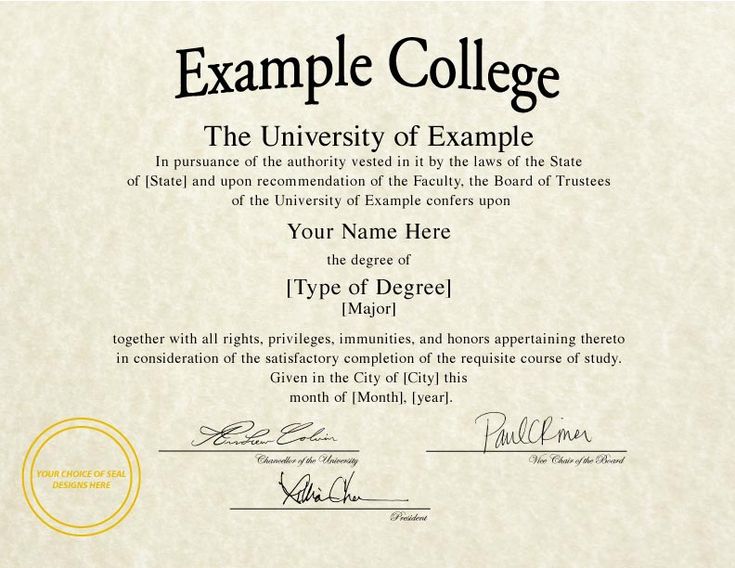Exploring the Economic Benefits of Investing in High-Quality Rotary Evaporators
Investing in high-quality rotary evaporators can offer substantial economic benefits for laboratories and industrial operations across various sectors. Rotary evaporators, essential for efficient solvent removal through evaporation and condensation, are pivotal in chemical synthesis, pharmaceuticals, food processing, and environmental analysis. High-quality models, though initially more expensive, deliver a range of financial advantages that make them a worthwhile investment. One of the primary economic benefits is their enhanced efficiency and reliability. High-quality rotary evaporators are engineered with superior materials and advanced technology, ensuring consistent performance and durability. This reliability translates to fewer breakdowns and less frequent repairs, reducing downtime and maintenance costs. In contrast, lower-quality models might require more frequent servicing and replacement of parts, leading to higher long-term costs and potential disruptions in operations. Additionally, high-quality rotary evaporators typically offer better energy efficiency. Advanced models are designed to optimize energy use, which can lead to significant savings on utility bills.
Energy-efficient systems reduce the overall operational costs by minimizing the amount of energy required for the rotovap evaporation process. This is particularly important in industries where large volumes of solvent need to be evaporated regularly. By investing in a high-quality rotary evaporator, organizations can achieve substantial reductions in energy consumption, thereby lowering operational expenses. Another economic advantage is the increased productivity that high-quality rotary evaporators facilitate. These models often come with features that enhance processing speed and capacity, allowing laboratories and production facilities to handle larger quantities of material more quickly. This improved throughput can lead to higher output levels and faster project turnaround times, contributing to greater profitability. The ability to process more samples or products in a shorter period can be particularly valuable in competitive markets where time-to-market is crucial. High-quality rotary evaporators also contribute to superior product quality and consistency. Advanced models are equipped with precise temperature control and efficient condensation systems, which ensure that the solvent removal process is both effective and gentle on sensitive compounds.
This results in higher purity of the final product, reducing the likelihood of costly reprocessing or quality control issues. In sectors such as pharmaceuticals or food production, where product quality is paramount, investing in high-quality equipment can prevent expensive quality failures and enhance the overall value of the output. Furthermore, investing in top-tier rotary evaporators can have indirect economic benefits, such as enhancing the reputation of an organization. Utilizing state-of-the-art equipment demonstrates a commitment to quality and innovation, which can attract clients and partners. It can also lead to better compliance with industry standards and regulations, reducing the risk of legal issues and associated costs. In conclusion, while high-quality rotary evaporators may come with a higher upfront cost, their long-term economic benefits far outweigh this initial investment. The enhanced efficiency, reliability, energy savings, increased productivity, and improved product quality in GWSI offer contribute to substantial cost savings and higher profitability. For organizations looking to optimize their operations and achieve a competitive edge, investing in high-quality rotary evaporators represents a smart financial decision that can yield significant returns over time.

